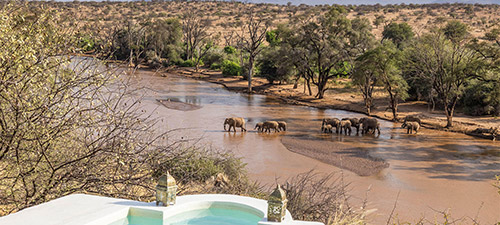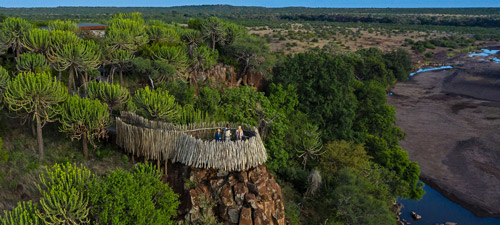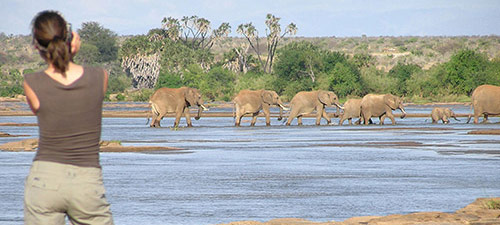Bushmeat hunting in Africa is rife, with estimates stating that more than eight million tons of wild animals are eaten every year. Although most research on this hunting focuses on the tropical forests of Africa, in countries such as the DRC and Cameroon, the following survey results show that hunting for the pot is very common in South Africa.

As the infographic below shows, a study exclusively made available to Africa Geographic shows just how serious the problem is in savannah habitats too. The survey results, which surveyed rural inhabitants in KwaZulu Natal, South Africa, show that 90% of men hunt illegally, but none of the women surveyed hunted.
Amongst the men who hunted, most claimed that they hunted more than three times a week, and more than three-quarters of the men hunted at least weekly. When asked if they were worried about getting caught and prosecuted for illegal hunting, over 95% of people said they were unafraid of getting caught.

The survey asked what methods of hunting respondents used. The most frequent hunting method was the use of traps and snares, which is also the most wasteful method of hunting, as often animals are not collected from snares and left to rot. The second most common method of hunting was using dogs to chase down prey. Very few men hunted with guns, and most said the reason for this was they could not afford them.
Most men – 65% – said they hunted to feed themselves and/or their families. Approximately 20% hunted for sport or gambling (placing bets on the outcome of the hunt, for example, whether the dogs will catch prey), whilst 5% hunted for traditional medicine. The implications of such responses are important not just for conservation because, whilst the number of animals lost is significant, the fact that almost seven out of ten respondents were hunting to eat makes this a significant human welfare concern.
It is easy to argue against illegal bushmeat hunting, but with hunger as the driving force, it is difficult to moralise. What is clear is that further research is needed to identify bushmeat hotspots across Africa and to aid control measures that prevent huge losses of animals in these areas, with a specific focus on animals that are declining significantly due to these hunting pressures.
ALSO READ: Saving rodents, losing primates – we need tailored strategies to manage bushmeat trade
To comment on this story: Login (or sign up) to our app here - it's a troll-free safe place 🙂.![]()








